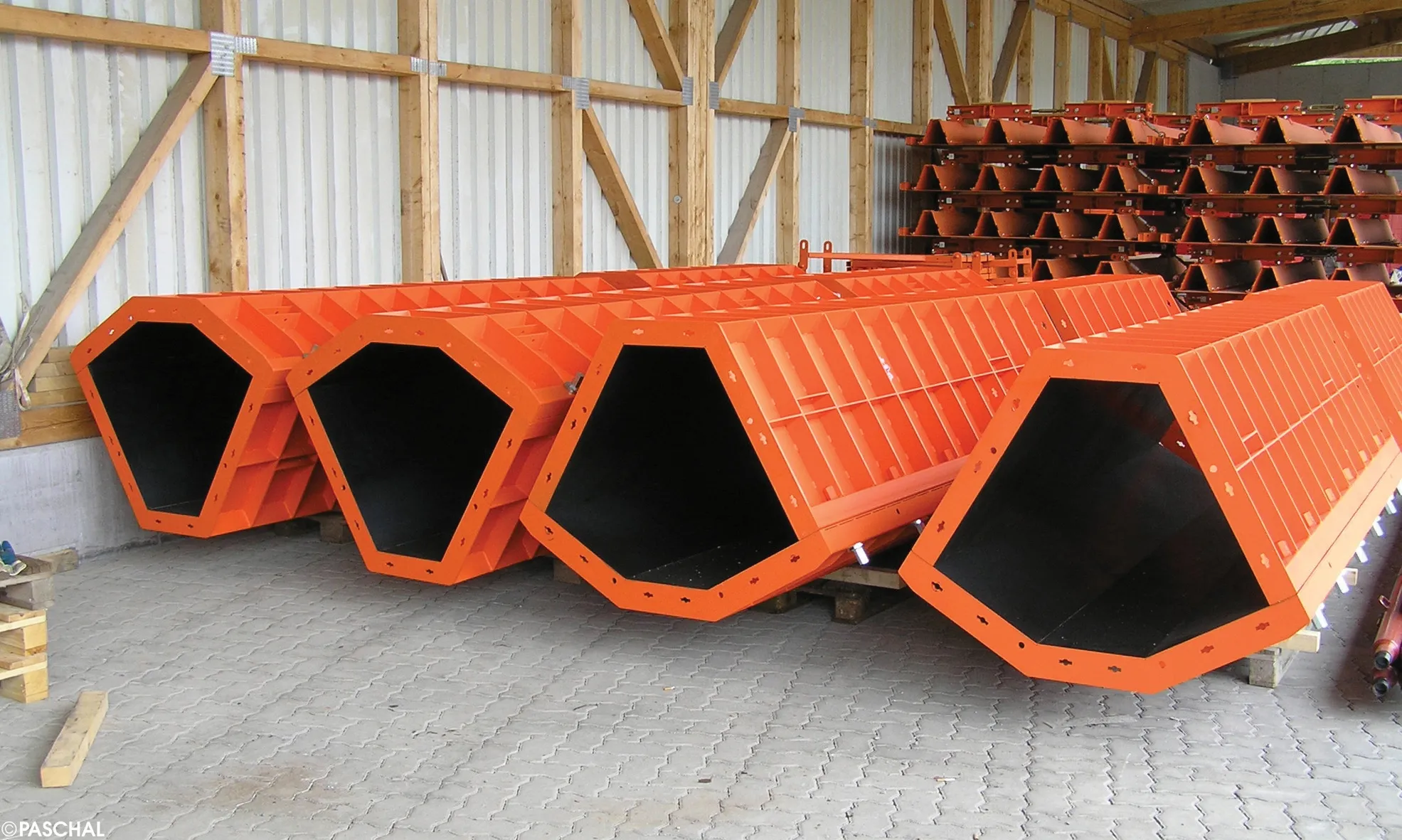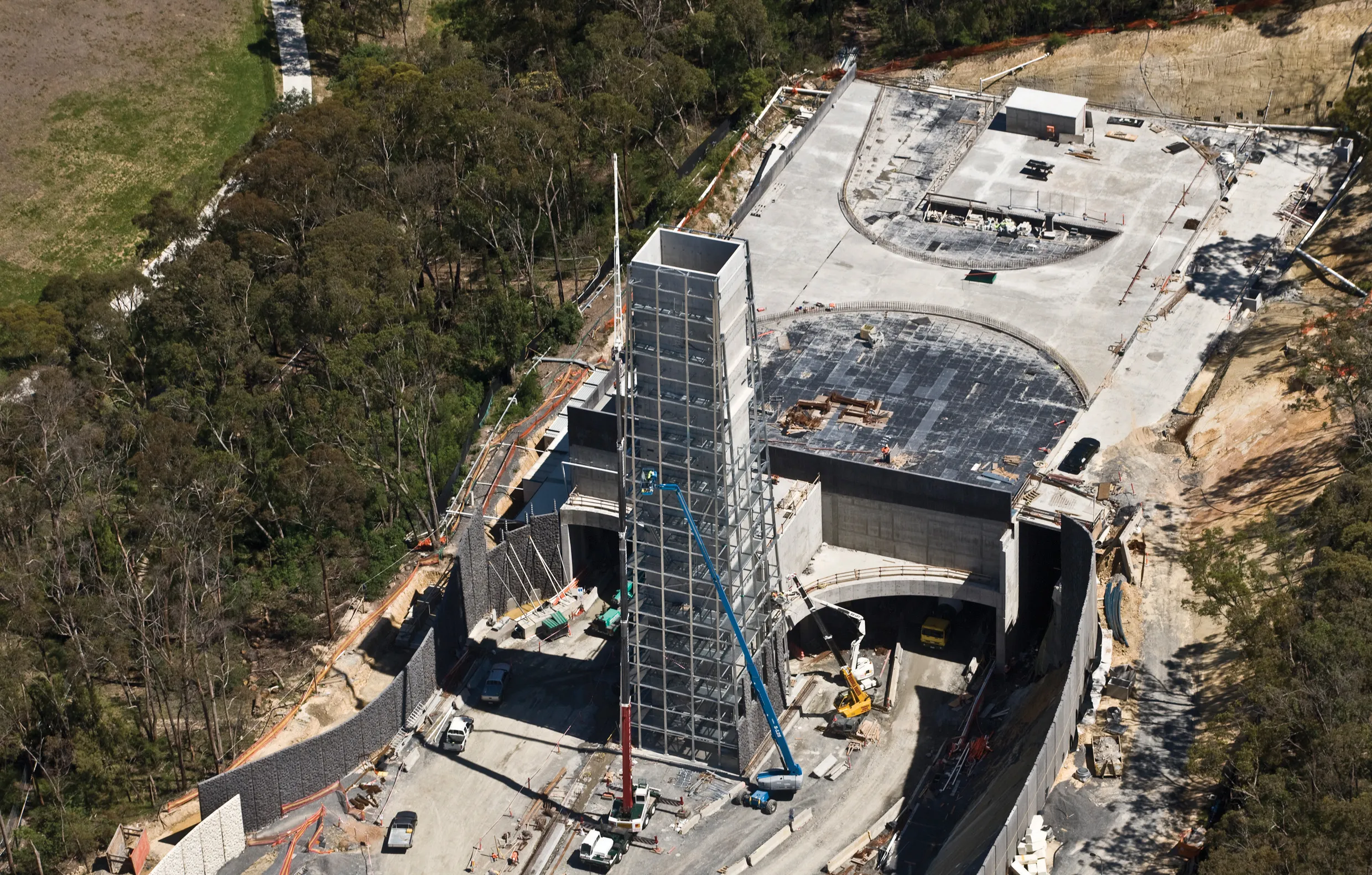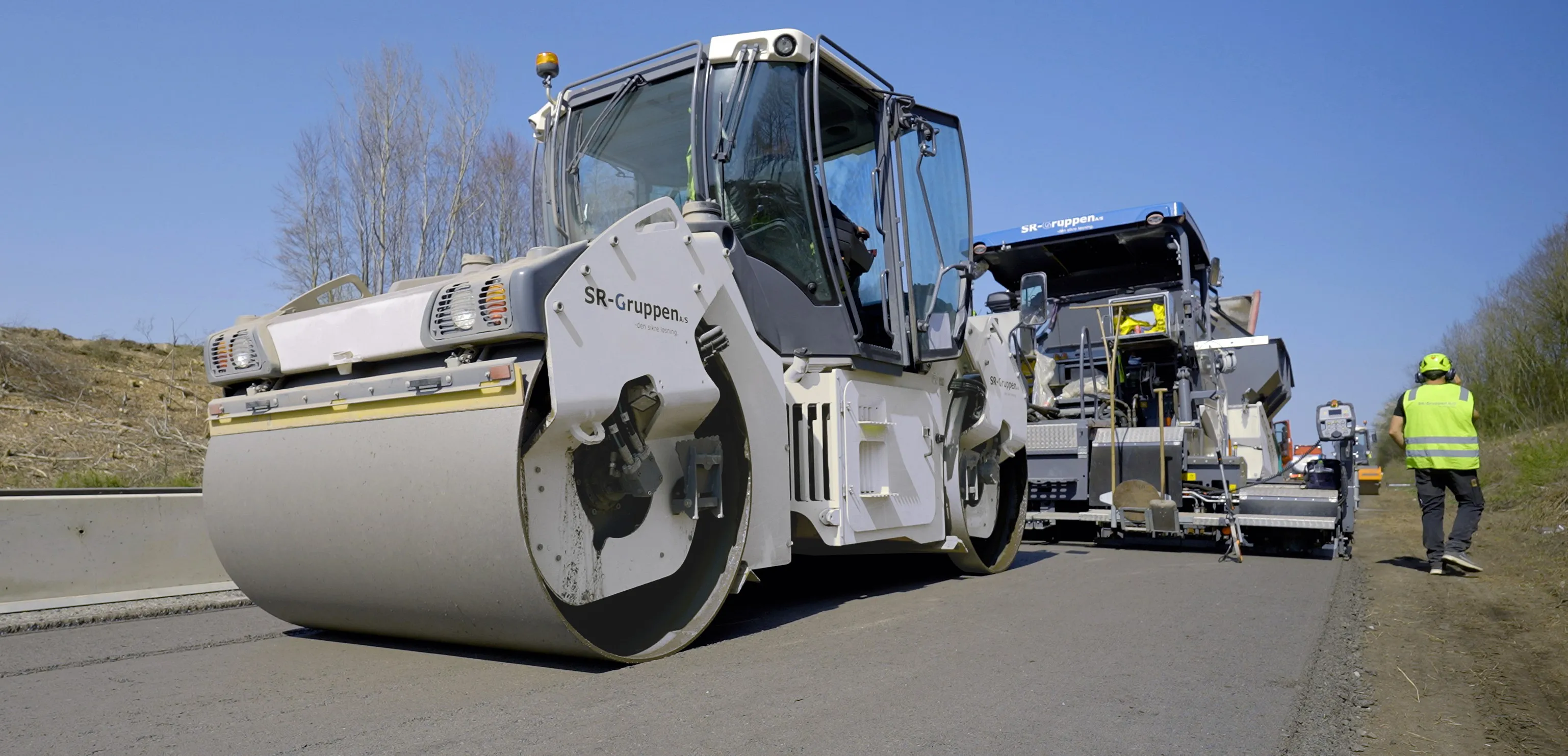Sub-contractors used equipment from Tracto- Technik to renew two sections of an old grey cast iron water transport pipe covering a total of 200m as part of a complete street restructure in Linz, Austria. In order to prevent any traffic chaos and potential loss of trade for shopkeepers on busy Haidfield Street, while, at the same time, ensuring that the pipe cross-section ND 400 and the hydraulic pipe remained intact, Linz AG Water Department sub-contractors Swietelski- Faber (SF) decided to apply the static
October 31, 2012
Read time: 2 mins
Sub-contractors used equipment from Tracto- Technik to renew two sections of an old grey cast iron water transport pipe covering a total of 200m as part of a complete street restructure in Linz, Austria.
In order to prevent any traffic chaos and potential loss of trade for shopkeepers on busy Haidfield Street, while, at the same time, ensuring that the pipe cross-section ND 400 and the hydraulic pipe remained intact, Linz AG Water Department sub-contractors Swietelski- Faber (SF) decided to apply the static pipe bursting method to renew the pipes in three days over a recent weekend.
Using this method, pipes with the same size or larger pipes can be renewed in the same bore path. It is unusual to replace an old cast iron pipe with a new cast iron pipe of the same nominal size with the trenchless method, but it is possible and common with the pipe bursting method without any restrictions.
In order to burst the old cast iron pipe, to expand the bore channel and at the same time pull in the Duktus manufactured ductile iron pipe ND 400, obtaining a machine technology with tensile strengths was said to be crucial to SF’s chances of meeting its tight working deadline. A further requirement was the task of measuring and documenting the tensile strengths, as the pipes were only allowed to be strained up to 650 kN.
As a result, SF used2738 Tracto-Technik’s (TT) GRUNDOBURST Type 1900 G with 1900 kN tensile strength pipe bursting system and the tensile strength measuring device GRUNDOLOG.
The measured and documented tensile forces were 500 kN, well below the permitted strains for the connection of the new pipe.
TT said the “exemplary co-operation” of all the companies involved in the project enabled the on-time completion of what was said to be one of the largest static pipe bursting method jobsite works ever undertaken in Austria.
In order to prevent any traffic chaos and potential loss of trade for shopkeepers on busy Haidfield Street, while, at the same time, ensuring that the pipe cross-section ND 400 and the hydraulic pipe remained intact, Linz AG Water Department sub-contractors Swietelski- Faber (SF) decided to apply the static pipe bursting method to renew the pipes in three days over a recent weekend.
Using this method, pipes with the same size or larger pipes can be renewed in the same bore path. It is unusual to replace an old cast iron pipe with a new cast iron pipe of the same nominal size with the trenchless method, but it is possible and common with the pipe bursting method without any restrictions.
In order to burst the old cast iron pipe, to expand the bore channel and at the same time pull in the Duktus manufactured ductile iron pipe ND 400, obtaining a machine technology with tensile strengths was said to be crucial to SF’s chances of meeting its tight working deadline. A further requirement was the task of measuring and documenting the tensile strengths, as the pipes were only allowed to be strained up to 650 kN.
As a result, SF used
The measured and documented tensile forces were 500 kN, well below the permitted strains for the connection of the new pipe.
TT said the “exemplary co-operation” of all the companies involved in the project enabled the on-time completion of what was said to be one of the largest static pipe bursting method jobsite works ever undertaken in Austria.









